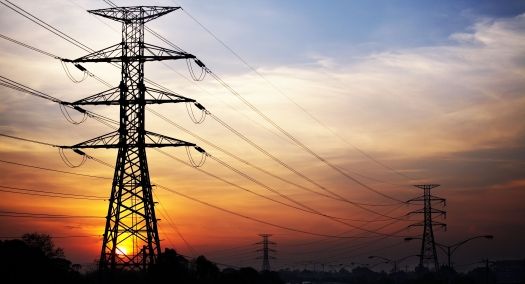The United States Chamber of Commerce (USCC) opined that the reform and addition to various provisions of the Electricity Industry Law could violate Mexico’s commitments in the Agreement between Mexico, the United States and Canada (T-MEC).
The USCC also considered that this same initiative could create a monopoly in the Mexican electricity sector.
Among other changes, the initiative establishes that “The national electricity system must be fed in this order: first, the energy produced in the hydroelectric plants must be uploaded to the distribution network; second, what was generated in other CFE plants; third, wind or solar energy from individuals and, lastly, combined cycle energy from private companies.
“In this sense, the New Energy Policy demands adjustments to the Electricity Industry Law. The system for the dispatch of electric generators, imposed through the issuance of said Law, is one of the mechanisms designed to establish great privileges for private generation, with serious damage to the CFE ”, the initiative states.
This implies that, by law, priority will be given to electricity sold by the CFE, even if it becomes more expensive.
The USCC has a point of view opposite to that of the federal government of Mexico.
“The electricity reform bill presented in the Mexican Congress this week is deeply concerning. Such drastic changes would open the door for the reestablishment of a monopoly in the electricity sector and, we believe, would directly contravene Mexico’s commitments under the T-MEC.
«In addition, these changes would significantly increase the cost of electricity and limit access to clean energy for the citizens of Mexico,» said Neil Herrington, USCC Vice President for the Americas, in a press release.
Changes to the law
According to the federal government, the purpose of the initiative is to guarantee a price tariff system that will be updated due to inflation through the operation of power plants regulated by the CFE Legacy Contract and the Contract for the Physical Delivery of Energy and Capacity to the Net.
Among the proposed highlights:
1) Modify the definitions of Legacy Power Plant, Electricity Coverage Contract, Electricity Coverage Contract with Physical Delivery Commitment and Legacy Contract for Basic Supply.
2) Provide for the obligation that the permits referred to in the Electricity Industry Law are subject to the planning criteria of the National Electricity System.
3) Establish that the granting of Clean Energy Certificates will not depend on the ownership or the date of commencement of commercial operations of the power plants.
4) Eliminate the obligation to buy through auctions for the Basic Service Provider.
5) Force the CRE to revoke the self-supply permits, as well as their modifications, in cases where they have been obtained by carrying out acts constituting fraud against the law.
6) Review the legality and profitability for the federal government of the Electric Power Generation Capacity Commitment Contracts and Electric Power Purchase and Sale signed with independent power producers.
To this end, it modifies articles 3, 4, 12, 26, 35, 53, 101, 108 and 126 of the Electricity Industry Law.
USCC
“This measure is the latest in a pattern of worrying decisions made by the Mexican government that have undermined the confidence of foreign investors in the country at the precise moment when greater foreign direct investment is needed more than ever in Mexico. As the country emerges from its worst economic downturn since the Great Depression, nothing will be more vital to its recovery than the jobs and growth generated by US and foreign investors, ”Herrington added.
The USCC is a North American lobby group representing the interests of numerous business and professional associations.
Also, the USCC is not an agency of the United States government.
The USCC has a staff of policy specialists, lobbyists, and attorneys. The Chamber is generally considered a conservative organization.
Generally the USCC supports Republican political candidates, although it has occasionally supported conservative Democrats.
![]()

